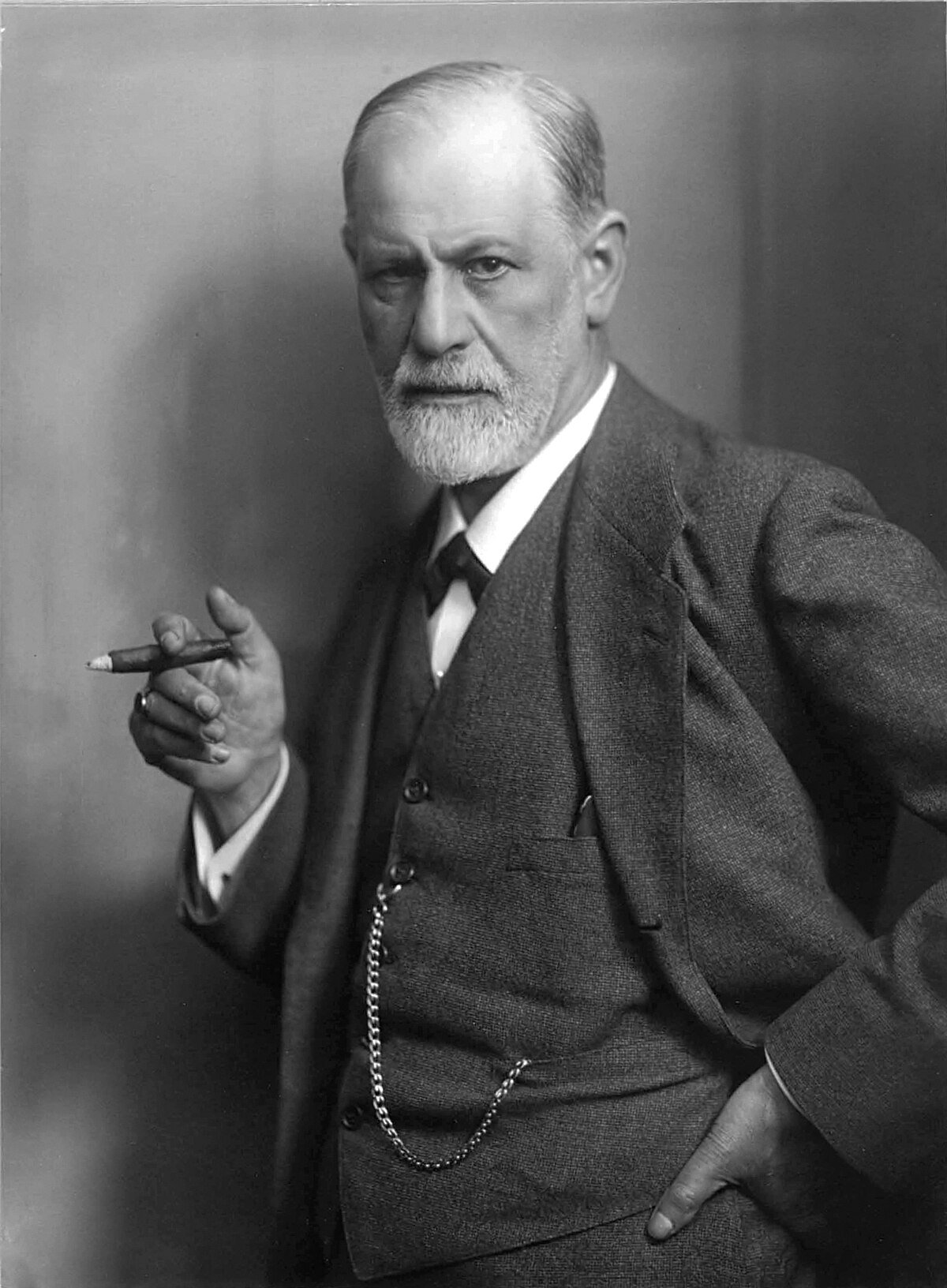CTB 45: Endurance sport: Harmonious or Obsessive Passion?
/Ultra-endurance sports are experiencing unprecedented growth. Ultra-races are mushrooming globally and becoming longer and more challenging. There seems to be a global unquenchable thirst for the “toughest race on Earth” which is accompanied by a seemingly unsatisfiable global demand. According to the International Trail Running Association (ITRA), in just two years, between July 2017 and July 2019, the number of runners’ accounts on their website went up by 230%, from 32.400 to 107.000 and the total number of races grew by 44% from 3800 to 5500. And every day a new ultra is added somewhere.
Social media, savvy marketing of sports events organizers and sporting goods manufactures, cheap travel and the Zeitgeist of “getting out into the wild” inspire more and more athletes to challenge themselves beyond a marathon or even an Ironman. The longer and harder an ultra-race is, the more crossing its finish line seems to represent a truly peak experience, “a moment of highest happiness and fulfilment” as per Maslow. Training and racing an “ultra” becomes a big part of identity, or takes over the athlete´s identity completely. This, in spite of – or thanks to – the racing experience being described along the lines of “it was horrible but nice” (an original verbatim from a participant of the “The Track”, a 522 km torturous footrace in the Australian outback).
Me at Swissman 2017… 18 hours of racing
Most of us, athletes and coaches, know someone who does and/or lives an ultra. In more than 10 years of my coaching practice, I could observe two general types of ultra-endurance athletes: those who integrated their ultra-racing hobby in their lives, finding a difficult but happy balance between job, family and training, and those who completely submitted their lifestyles to it. Sport psychologies describe the former group as “harmonious passion” and the latter as “obsessive passion” athletes. This terminology stems from the Dualistic Model of Passion, developed by Vallerand et al. (2003) based on the Self-Determination Theory of behaviour (Deci & Ryan, 2000).
This Dualistic Model of Passion defines passion as “a strong inclination toward a self-defining activity that one loves, values, and considers important, and in which one invests considerable time and energy”. This activity can be sports, music, work, collecting and a variety of other leisure activities – and the passion for this activity can be either of harmonious or obsessive nature.
In case of harmonious passion, the athlete displays a strong yet controllable desire to engage in the activity, i.e. to train and to race. The sport represents a significant part of his/her identity but it is coherent and well-integrated with other life domains. At any moment, the athlete can freely decide whether or not to train or to race.
In contrast, obsessive passion refers to an uncontrollable urge to keep training, no matter what. This rigid engagement can lead the athlete to neglect other aspects of one's life, thereby creating tensions and conflicts.
While both types of passion lead to high performance and deliberate and committed practice of sport, their consequences are quite different – and this has been scientifically proven in various academic studies. Harmonious passion is positively related to attention, concentration, mindfulness and flow, as well as positive emotions, high-quality relationships, and psychological well-being. Again, in contrast, obsessive passion is positively related to negative emotions, conflict and rumination. Coupled with perfectionism and social pressure to perform, such an obsessive sport engagement is likely to lead to overload injuries and even to a burnout in the future. This is one of the reasons why coaches, the athlete´s entourage and the athlete herself, should be aware of the differences between the two passions and of the signs of possible transition from a healthy engagement to an obsessive one.
So how can we differentiate harmonious passion from an obsessive one?
1. One of the key differences between the two groups is the role of passion in personal identity: obsessive athletes are not just very engaged in their endurance sport - they identify themselves with it and through it. So, when one says that he is an endurance junkie and ultra-freak – he most probably is.
2. When obsessively passionate, one feels ego-involved in the activity, meaning that self-esteem and self-worth fluctuate with one's performance. This leads to a sense of insecurity and overly critical and negative judgement of one´s performance. So, if your athlete is depressed by an objectively good result, this could be a sign of developing obsessive passion.
3. In passion research, control questions are used. For harmonious passion, it is: “My sport is in harmony with other things that are part of me” and for obsessive: “My sport is so exciting that I sometimes lose control over it” / “I have the impression that my activity controls me”. So, you can casually ask your athlete – or yourself: “is my sport in harmony with the rest of my life – or do my training and racing control my life and how I think about myself?”. The answer needs to be brutally honest – and if you don’t like it, you have some serious re-prioritization to do.
4. High obsession was proven to lead to unethical (e.g. use of illegal performance enhancing drugs) or increasingly aggressive behaviour during competition. This happens when performance in sport defines self-approval and self-worth, putting therefore simply too much on the line. We have to be vigilant of this possibility.
Ultra cannot be practiced in moderation, then it is not an ultra, this is very clear. Still, developing a balanced, sensible – while still adventurous – and harmonious attitude to it is very important. This is the only way to keep this engagement long-term, maybe even lifelong, and to stay healthy and happy, enriching your life with amazing experiences. So, I wish you to thrive in your harmonious ultra passion!
If you are curious to find out more about your passion and motivation for your passionate sport engagement, I would like to invite you to participate in my PhD research on this topic. Write to me (coachtatjana@gmail.com) and I will be happy to send you my questionnaire and/or schedule an interview.
Thank you!
Coach Tatjana aka PhD Student




